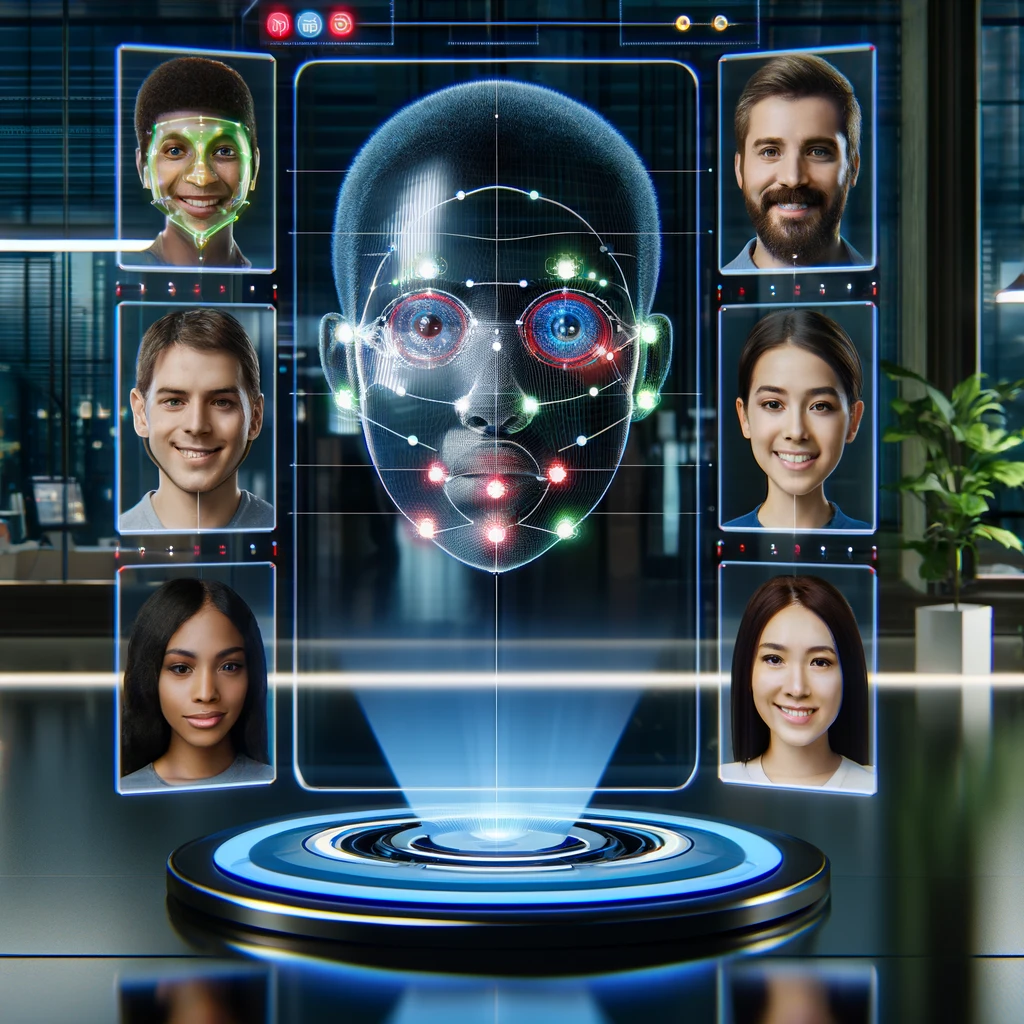The widespread awareness of ChatGPT has been driven by significant investments in marketing and media coverage, leading to a polarization of opinions and sparking discussions on the potential risks and benefits of AI. As AI technologies like ChatGPT become more prevalent, it is important to examine the different types of AI and their potential impact on our daily lives.
General AI VS Narrow AI
When a new technology captures public attention, it is crucial to consider two aspects:
- The risks and preconceptions associated with it, often fueled by sensationalist news coverage.
- Its potential to bring about a historical revolution, such as the advent of the Internet, Personal Computers, and smartphones, which has transformed the way we live and work.
For the sake of simplicity, let us differentiate between two types of AI: Artificial General Intelligence (AGI) and Narrow AI.
- Artificial General Intelligence (AGI) refers to a theoretical form of AI that can be applied to any domain and solve any problem requiring AI. AGI does not yet exist, and its creation remains a topic of heated debate within the computer industry.
- Narrow AI, on the other hand, is a specific type of AI in which a learning algorithm performs a single task. Knowledge gained from performing that task cannot automatically be applied to other tasks.
Why do we fear AI?
The perception of AI as dangerous arises from the disruptive nature of new technologies, as highlighted by Bill Gates in his article about what the age of AI means for the world on March 28, 2023. AI raises concerns about the workforce, the legal system, privacy, bias, and more. Additionally, AI systems can make factual errors and experience hallucinations.
Gates also emphasizes that companies and individuals will differentiate themselves by how effectively they utilize AI. Those who do not adopt AI technologies risk being left behind in a rapidly evolving world. Just as researchers today would be hindered without access to computers, the internet, and smartphones, individuals must embrace AI technologies to remain competitive.
Human imagination is enhanced by the power of tools that make our thoughts effective. Albert Einstein famously stated that discoveries are made by imagination, rather than through dedication to calculation or hard intellectual work. However, the implementation of ideas requires considerable effort to ensure the effectiveness of our imaginative insights.
So, is AI dangerous?
Narrow AI, which includes all currently available AI systems, is designed to perform specific tasks. While it may be shocking to see AI complete complex tasks in mere seconds, it is not inherently dangerous. The real challenge lies in balancing the use of AI with our own imaginative efforts, rather than relying solely on AI for creative output.
For example, when using AI like ChatGPT to write an article, one can outline the concepts and ideas they want to express and then employ AI to create the content. However, if an individual relies entirely on AI to generate the concepts, it becomes akin to allowing a car to choose its destination at random. While entertaining, it may not serve the intended purpose.
As AI technologies like Open AI continue to advance, it is crucial to harness their potential while maintaining a balance between human creativity and AI-generated content. By doing so, we can safely navigate the future of AI and its impact on our lives.
At MorphCast, we are exploring innovative ways to integrate tools like ChatGPT, transforming inputs from facial emotion detection into easily understandable human language, rather than complex numerical data. By harnessing the power of our compact yet advanced narrow AI engine, we aim to create a seamless and intuitive user experience. As we conduct research and experiment with our implementation ideas, 2023 promises to be an exhilarating year for those of us passionate about groundbreaking technologies.



